If true — heavy on the if — this undermines the entire post-World War II emphasis on self-determination, and waves a very big red cape in front of a very determined Kremlin bull. According to Buzzfeed’s two diplomatic sources, Donald Trump attempted to dismiss the issue of Russia’s seizure of Crimea on much the same basis that Vladimir Putin claimed the territory:
President Donald Trump told G7 leaders that Crimea is Russian because everyone who lives there speaks Russian, according to two diplomatic sources.
Trump made the remarks over dinner last Friday during a discussion on foreign affairs at the G7 summit in Quebec, Canada, one of the diplomats told BuzzFeed News. …
During the dinner, Trump also seemed to question why the G7 leaders were siding with Ukraine. The president told leaders that “Ukraine is one of the most corrupt countries in the world,” the source said.
It is unclear whether Trump’s comments were throwaway remarks said in jest, or whether he was signalling a radical departure from current US foreign policy.
Assuming this is true, and at the moment that’s still a large assumption, it’s probably more the former than the latter, although not likely meant humorously. Trump likes to troll people, especially those who he sees as his natural competitors, and leans toward the contrarian and unconventional, at least by instinct. Trump may genuinely see the Western focus on Ukraine as an impediment to a more orderly relationship with Russia, while other European leaders rightly see Ukraine as a harbinger of things to come if the West doesn’t draw a hard line on Crimea and the Donbass.
Our G7 partners would be rightly concerned if an American president adopted Putin’s argument about jurisdiction attaching itself to ethnic identities. That slope is slippery as hell, and leads right into the backyard of NATO, as I wrote in 2014, before Putin decided to occupy eastern Ukraine as well as Crimea. And Russia may not be the only country paying attention to Trump’s alleged endorsement of the ethnic-sovereignty argument:
Russia now claims to act as the protector of ethnic Russians as justification for occupying the Crimean Peninsula — against the wishes of Crimean Tatars — and possibly most of eastern Ukraine soon.
It doesn’t take a genius to figure out how dangerous this could be in a region of former Soviet satellites. According to the CIA World Factbook, ethnic Russians comprise 17.3 percent of Ukraine’s population. Nine percent of Georgia’s population speaks Russian as a first language. In the formerly Soviet Baltic states of Estonia (24.8 percent ethnic Russian) and Latvia (26.2 percent), the issue is more acute. Together with Lithuania (only 5.8 percent ethnic Russian) they form a bridge to the disconnected Russian enclave of Kaliningrad on the Baltic Sea. With their large Russian populations — a vestige of decades of Soviet occupation — it’s not difficult to imagine that Putin could create a pretext for action by stirring up unrest among ethnic minorities there, although those two states were wise enough to join NATO soon after their independence. Despite the current inept response from NATO, it’s almost impossible to imagine that Russia could get away with that kind of play.
Russia may not be the only country watching this precedent, either. The Balkan wars largely settled the deconstruction of the former Yugoslavia at the expense of Serbia, which fought to control its former provinces. If mistreatment of ethnic minorities justifies military occupation, how long before a future expansionist Serbian regime starts making trouble in Bosnia and Herzegovina, where ethnic Serbs comprise 37 percent of the population? Or Montenegro, which is 32 percent ethnic Serbs and has access to the Adriatic?
In practice, Trump’s actually been pretty good on this point. He’s shifted American military resources into the Baltic states as a counterweight to Putin, backed Montenegro’s bid to join NATO despite strong Russian opposition to it, and is currently working with Poland to add US military resources on a permanent basis to the Russian frontier. Whether those policies are being personally driven by Trump or more by James Mattis with Trump’s blessing is difficult to know, but they do show that the Trump administration largely does oppose Russian attempts to weaken the frontiers of NATO through ethnic enclaves established during the Soviet occupation of eastern Europe.
That’s the leverage by which Putin makes his claims on sovereignty, and that’s precisely why all western leaders — including the US — has to stand firm against those claims. If Trump made these comments, the White House should reaffirm American support for territorial sovereignty rather than ethnic nationalism. If Trump never said it, it’s important for the same reasons that the White House makes that clear.

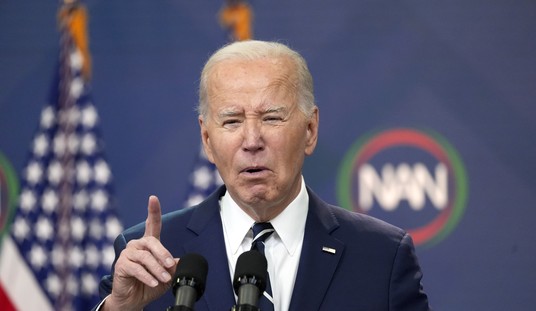
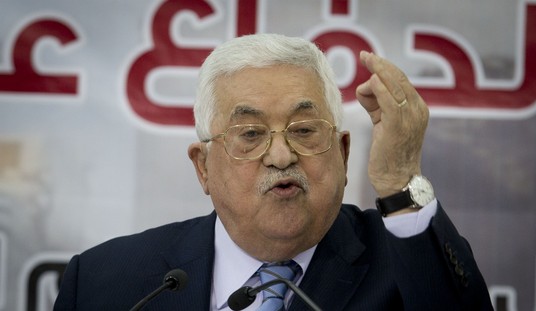
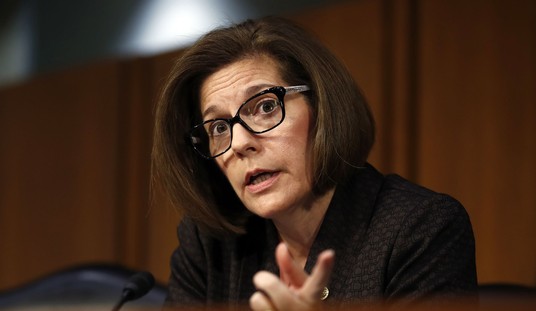

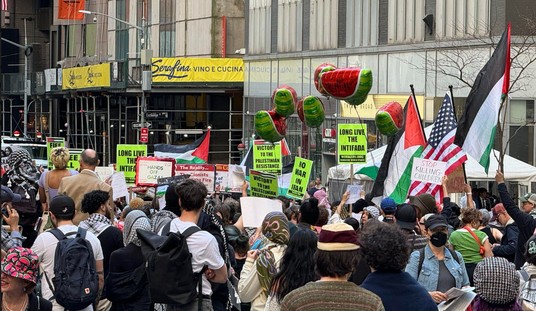
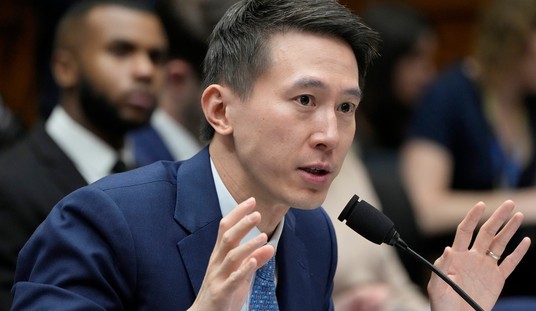
Join the conversation as a VIP Member